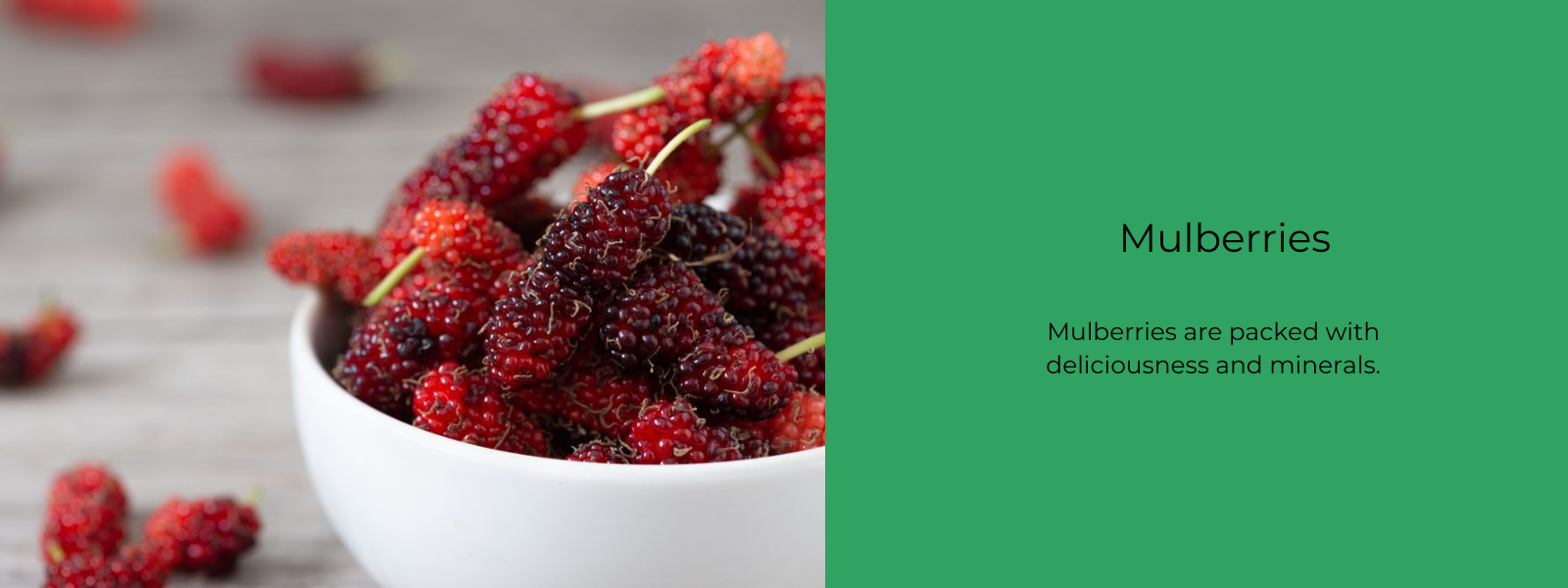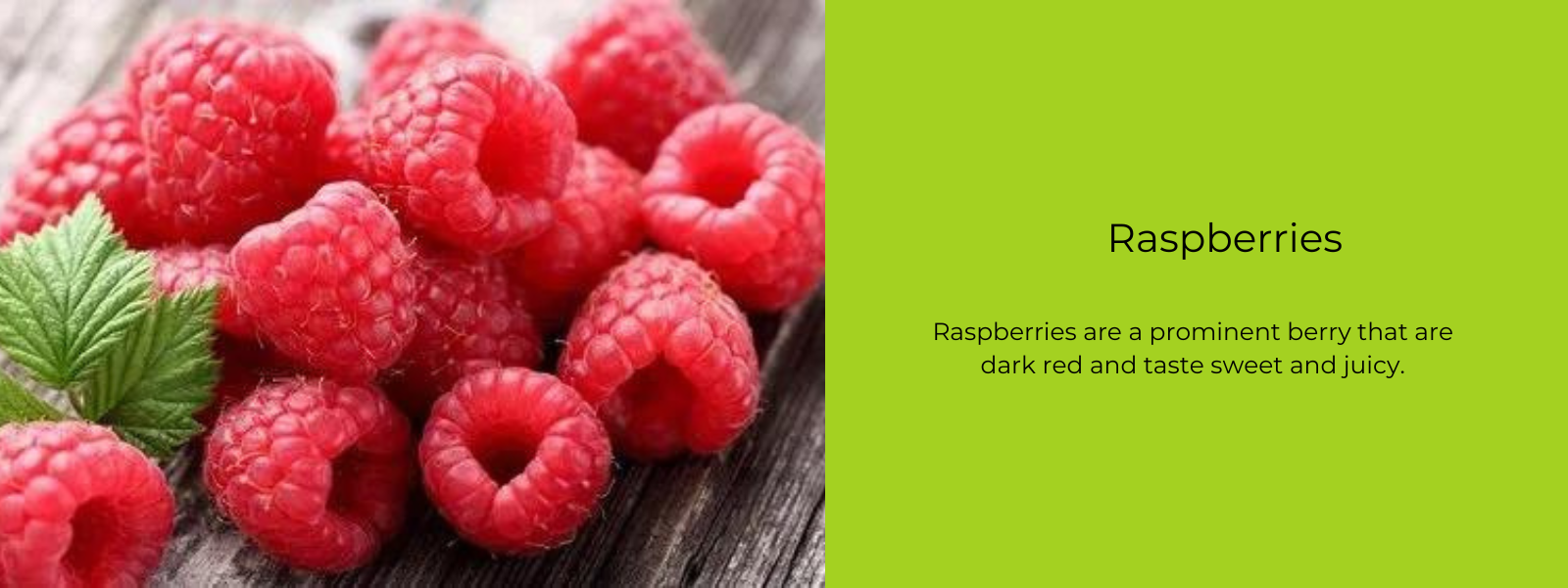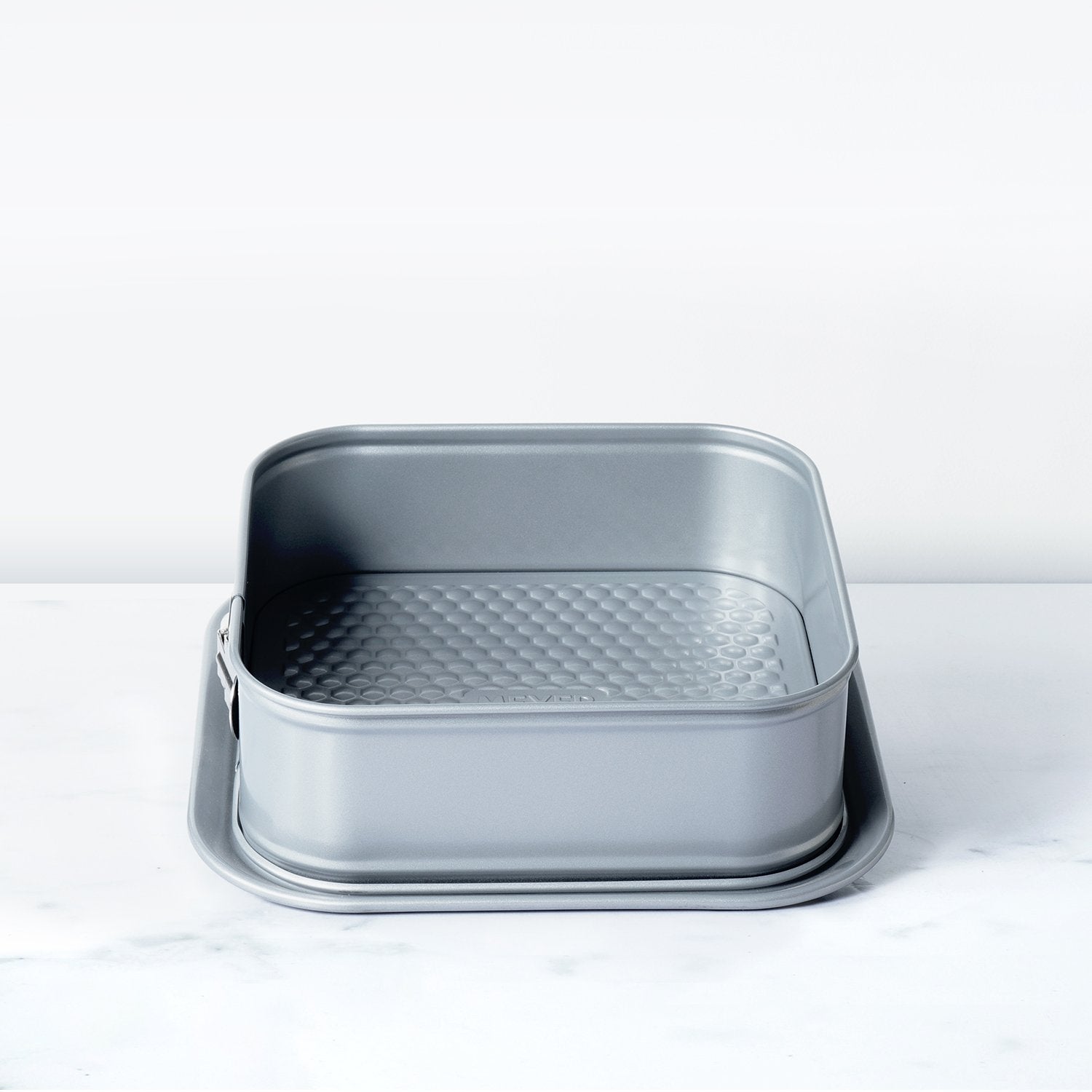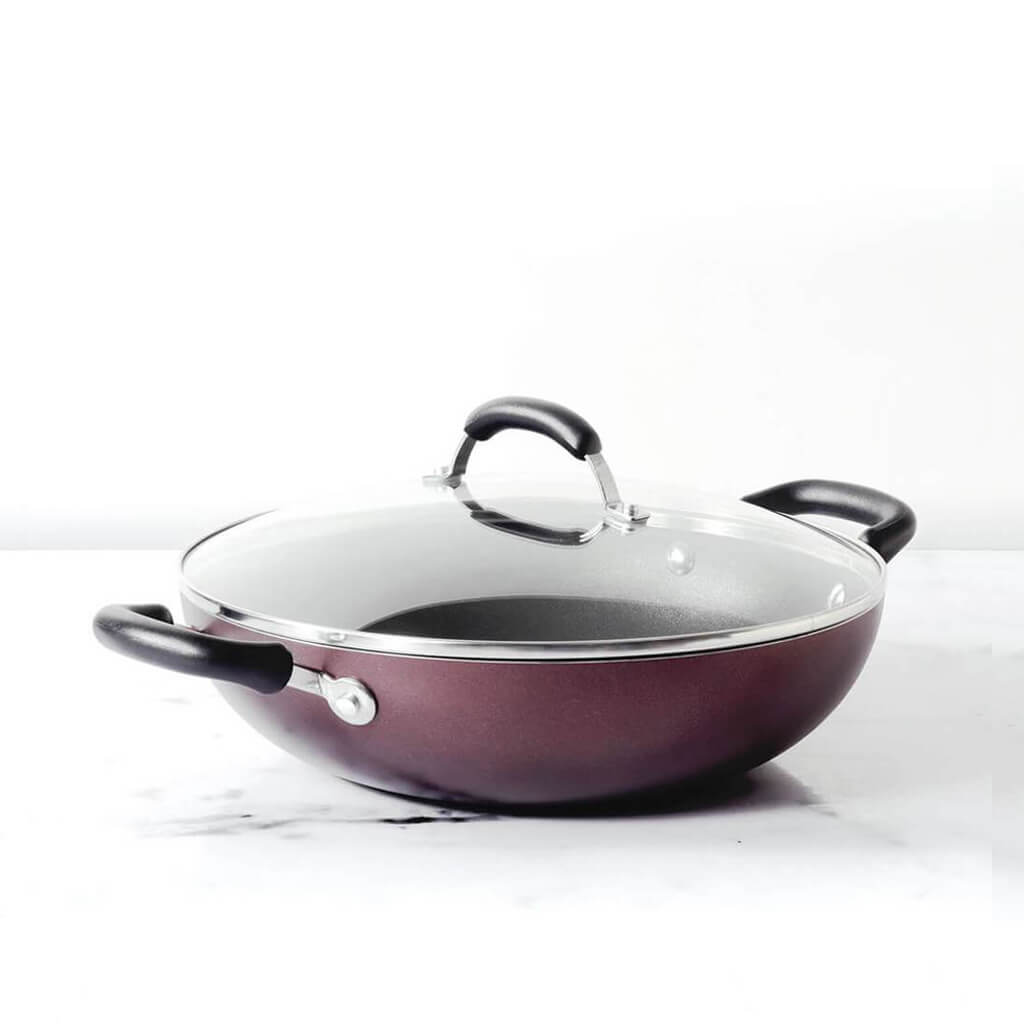Amla berries are healthy fruits that are low in calories and have a lot of antioxidants, vitamins, and minerals. Some of the ways they help your health are by boosting your immune system, reducing inflammation, lowering blood sugar, and making your memory better. But people with blood problems can also have problems with amla.
Table of Contents
What is amla fruit?
Amla fruit, which is also called Indian gooseberry, has been used in Ayurvedic medicine to treat and prevent diseases for thousands of years. Amla berries are full of antioxidants, vitamins, amino acids, minerals, polyphenols, and fibre. Adding this superfruit to your diet, either fresh or dried, can do wonders for your skin, hair, and health as a whole.
Etymology of the word amla fruit:
The name "Amla" comes from the Sanskrit word "Amlaki," which means "nectar of life." Amla is a green fruit with a thin skin.
Nutrients in amla fruit:
Amla has few calories and is full of phenolic phytochemicals like flavonoids and anthocyanins. It is also a good source of vitamins C and A. The host of plant compounds have many healing effects, such as preventing cancer, slowing the ageing process, fighting inflammation, and making your memory better.
Health benefits of amla fruit:
Amla is low in sugar and high in iron, calcium, and vitamins A, C, and E. It also has a lot of iron. Because it has a lot of nutrients, it is known to offer the following:
- Amla is full of vitamin C, which helps the body's immune system work better. Vitamin C is an antioxidant that protects cells and reduces swelling. It also helps the body make antibodies and immune cells that protect against pathogens and kill them.
- The mineral chromium in amla can help control diabetes by lowering blood sugar levels. By making insulin work better, chromium helps lower blood sugar levels.
- Amla's phytonutrients help fight free radicals, which can damage brain cells, and this is good for mental health. Amla also has a lot of antioxidants, which can help the brain work better and improve memory.
- Amla is full of vitamin C, amino acids, tannins, and essential fatty acids that are good for the hair and help it grow. Amla oil can help make hair follicles stronger and stop dandruff from building up. It also works as a natural hair conditioner, makes hair grow faster, and stops hair from going grey too soon.
- Amla is thought to be the best anti-aging fruit because it keeps skin healthy. It has a lot of the protein collagen, which makes the skin firm and smooth. The antioxidants in amla can help get rid of wrinkles and stop the skin from getting older faster than it should.
- Amla is a good source of fibre, which helps regulate bowel movements and relieve digestive problems like constipation and diarrhoea. It also speeds up digestion and absorption of food by increasing the production of gastric juices. This can help prevent acidity.
- Benefits for the eyes: Eating amla is known to improve overall eye health and lower the risk of getting cataracts, glaucoma, and age-related macular degeneration. People also know that amla can stop conjunctivitis.
- Amla's vitamin C is great for heart health because it helps keep the heart healthy. High levels of triglycerides, LDL (bad) cholesterol, and high blood pressure are all risk factors for heart disease. Amla is known to lower all of these things. It protects against oxidative damage that can cause heart damage, lowers inflammation caused by heart disease, and stops blood clots from forming, which can lead to a heart attack or stroke.
- Bones get stronger: Amla has a lot of calcium, which is important for building and keeping strong bones. Amla's anti-inflammatory properties can help reduce inflammation and relieve arthritis-related pain and swelling in the joints. Amla is also used to treat problems with the bones, such as osteoporosis.
- Helps with iron deficiency anaemia: Amla is high in iron, which helps raise the number of red blood cells and the amount of haemoglobin in the body.
How is amla used?
Amla is a powerhouse of nutrients, and people in India eat it in many ways, like pickles, murabbas, candies, juice, and chyawanprash, to name a few.
Amla can be eaten raw or made into a juice. But they are often pickled or dipped in syrup to make them sweet. Amla supplements are available as amla fruit powder or powder-filled capsules. Amla powder can also be used to make tea or smoothies, or it can be added to drinks. Because they have vitamin C and antioxidants, the fruits are also used in hair and skin care products.
Religious significance of amla:
Amla is used in many religious ceremonies in the Hindu month of Kartik, which is usually between October and November. In many parts of India, it is common to give the fruit to Lord Shiva as a Naivedya.
Precautions:
Even though amla is good for your health in many ways, it can make your blood thinner and stop it from clotting normally. So, people with blood problems or who take medicines that thin the blood should talk to a doctor before eating amla. Also, avoiding amla before surgery can lower the chance of bleeding. Even though amla helps lower blood sugar, eating it often may make you more likely to get hypoglycemia (low blood sugar).
FAQs on amla:
Ques: How many amla should you eat every day?
Ans: You can eat raw or juiced amla once or twice a day. However, you should always talk to a doctor before starting to eat it. If you are pregnant, breastfeeding, or have been told you have low blood sugar, you shouldn't eat amla.
Ques. Does amla have any side effects?
Ans: Before adding amla to your daily routine, there are a few things you should think about. If you already have a bleeding disorder, it can make it worse and make you more likely to get another one. It can also help bring down your blood sugar. So, people with diabetes should talk to their doctor before eating this.
Ques. When is the best time to eat amla?
Ans: To get the most out of amla, you should eat it first thing in the morning on an empty stomach.
Ques: Does amla help you lose weight?
Ans. Amla speeds up your metabolism and helps you lose weight. As a natural way to start your day, drink a glass of amla juice first thing in the morning.
Ques: Who shouldn't eat or drink amla?
Ans. People who are pregnant, breastfeeding, or have diabetes shouldn't eat amla.
Ques. Does amla reduce blood pressure?
Ans. Yes, because Amla is high in potassium and has antioxidants, it helps lower blood pressure. Taking it with a teaspoon of raw honey is a great way to control blood pressure.
Ques: How does amla help hair?
Ans. The high amount of iron and carotene makes hair grow faster and stronger.
Ques: Can amla juice be drunk every day?
Ans. If you drink Amla juice every day, it tends to make your immune system stronger and improve the texture of your skin and hair. It also helps you lose weight.
Ques: When is amla juice best to drink?
Ans. You can drink Amla juice when you wake up in the morning.
Ques. Is Amla juice good for skin?
Ans. The antioxidants and vitamins C and A in amla clean your blood and make your skin look healthy. It also helps fight ageing in many ways.











Leave a comment